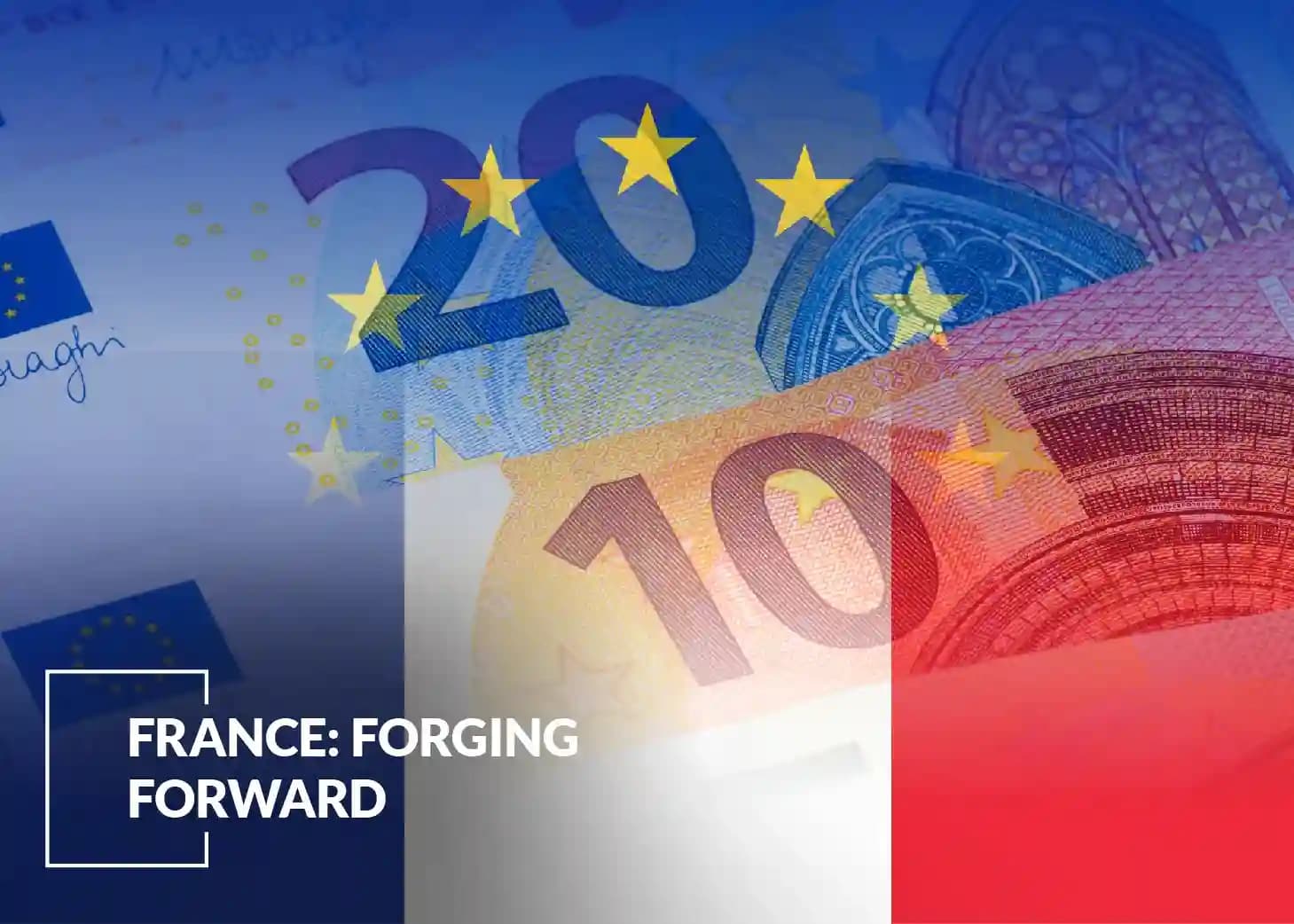Rising to challenges with resilience through the Annual Investment Meeting
Introduction:
France is a country located in Western Europe, known for its rich history, culture, and cuisine. It is one of Europe’s largest countries, with a population of over 67 million people. The country is considered to be the gateway to Europe as it has several large international airports, ferry terminals and the French rail service. It is considered as one of the most popular tourist destinations in the world, and is home to some of the most iconic landmarks.
The focus of this article is on the areas hampering France’s economic progress in recent years and how the Annual Investment Meeting, as the world’s leading investment platform, will enable new investment and growth opportunities to achieve a brighter future for the country.
Growth challenges:
1. Low economic growth: According to IMF forecasts, France’s economic growth declined to 2.5% in 2022 and is expected to further drop to 0.7% this year before picking up to 1.6% in 2024. One of the factors contributing to France’s slow economic growth is weak business investment. French businesses have been cautious about investing, citing concerns about the uncertain economic environment, high taxes, and strict labor laws.
2. High public debt: The country’s relatively high public debt has limited the government’s ability to invest in infrastructure and other areas that can support economic growth. This has led to a lack of public investment in areas such as transportation, education, and research and development, which can have long-term impacts on economic growth.
3. Unemployment: France has struggled with low employment rate of young people and senior citizens for several years. The pandemic has further worsened this problem, with job losses in many sectors.
4. Weak business competitiveness and loss of market share: The country has been criticized for its business environment, with concerns about high labor costs, burdensome and complex tax system, rigid labor laws and regulations that can make it difficult for businesses to operate and compete globally.
Opportunities:
The French government already has launched several initiatives aimed at promoting economic growth and job creation, including investment in infrastructure, education, and innovation. It has also implemented several measures to reduce business taxes and simplify regulations to encourage investment and job creation. However, addressing these challenges will require sustained efforts and collaboration from both the government and the private sector to ensure a strong and resilient economy for the future.
The Annual Investment Meeting’s Role:
The Annual Investment Meeting (AIM) serves as a platform for investors, entrepreneurs, and policymakers to connect, share knowledge, and explore investment opportunities in France. By attending AIM, you can:
1. Access exclusive insights: Gain valuable market intelligence and stay ahead of the curve with expert-led panel discussions, workshops, and presentations on French investments.
2. Connect with key stakeholders: Network with investors, entrepreneurs, and decision-makers who resonate with your vision for France’s growth.
3. Discover new opportunities: Uncover hidden investment gems and identify high-potential sectors that align with your interests and expertise.
Conclusion:
Despite the economic headwinds that it currently faces, France has a stable business climate that attracts investors from around the world. The French government invests significant resources to attract FDI and it does so through legislative incentives, marketing, overseas trade promotion offices, and investor support mechanisms. The Annual Investment Meeting will thus be a valuable platform for France to network and exchange ideas with key decision-makers, industry experts, and potential business partners from around the world. It is an ideal setting for French businesses to explore investment opportunities, expand their presence in the region, and contribute to the growth and development of the global economy.
